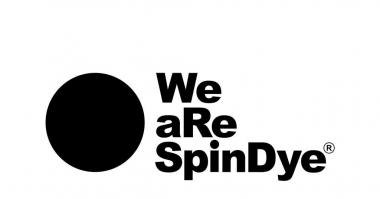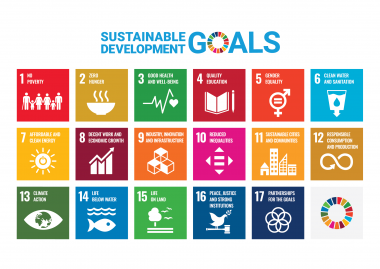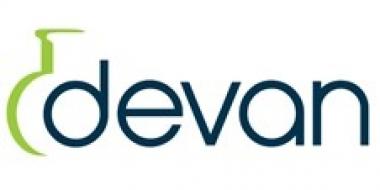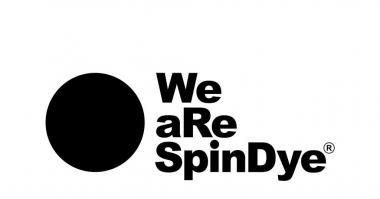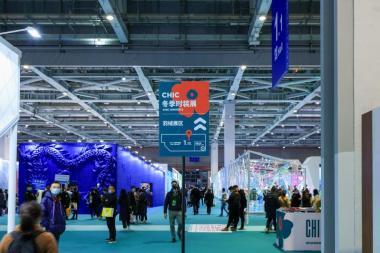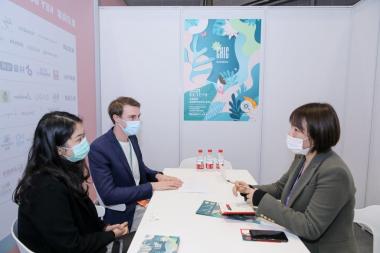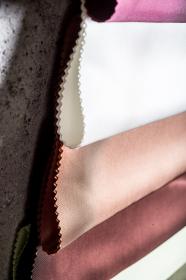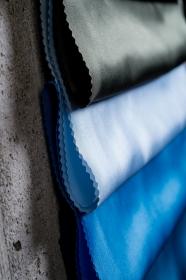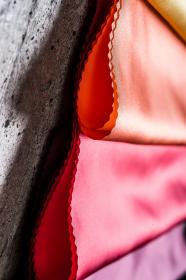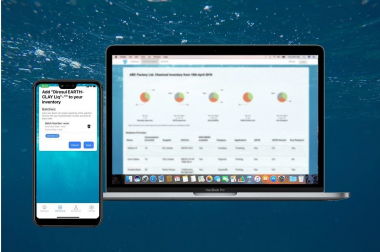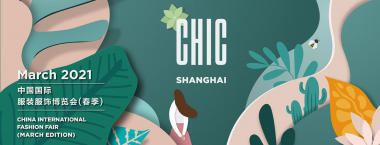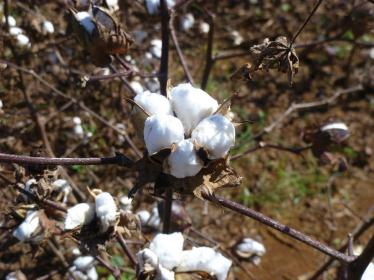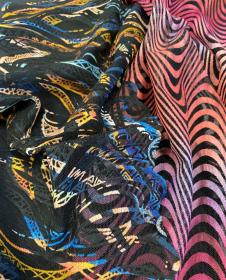Beschlüsse der virtuellen Hauptversammlung der Lenzing AG
Die 77. ordentliche Hauptversammlung der Lenzing AG, die aufgrund der COVID-19-Pandemie erneut in virtueller Form via Livestream durchgeführt wurde, hat den Mitgliedern des Vorstandes und des Aufsichtsrates am 14. April 2021, die Entlastung für das Geschäftsjahr 2020 erteilt. Zum Abschlussprüfer für den Jahresabschluss und den Konzernabschluss für das Geschäftsjahr 2021 wurde die KPMG Austria GmbH Wirtschaftsprüfungs- u. Steuerberatungsgesellschaft bestellt.
Die Hauptversammlung beschloss zudem die Festsetzung der Vergütung an die Mitglieder des Aufsichtsrates sowie die Grundsätze für die Vergütung der Mitglieder des Vorstandes. Die Vergütungspolitik der Lenzing AG für die mehrjährige, erfolgsabhängige Vergütung des Vorstandes ist demnach neben finanziellen Leistungskriterien künftig auch an nicht-finanzielle Nachhaltigkeitskriterien (ESG) gekoppelt, welche die nachhaltige Geschäftsstrategie der Lenzing AG weiter fördern.
Strategisch voll auf Kurs
Der Vorstand der Lenzing AG präsentierte den teilnehmenden Aktionären und Aktionärsvertretern den Geschäftsverlauf des Jahres 2020, einen strategischen Ausblick und die Nachhaltigkeitsstrategie inklusive der entsprechenden Roadmap zur Erreichung der Klimaziele. Lenzing legte sich 2019 strategisch fest, ihre Treibhausgasemissionen pro Tonne Produkt bis 2030 um 50 Prozent zu reduzieren. Das Ziel für 2050 lautet klimaneutral zu sein.
Die erheblichen Investitionen in Thailand und Brasilien unterstützen Lenzing nicht nur auf ihrem transformativen Weg zu einem Anbieter umweltverträglicher Spezialfasern. Sie stellen auch auf dem Weg hin zu einer CO2-freien Zukunft einen bedeutenden Meilenstein dar und steigern den Wert des Unternehmens nachhaltig.
Die Umsetzung der beiden Schlüsselprojekte verläuft ungeachtet der unmittelbaren Auswirkungen der Krise plangemäß. Die Inbetriebnahme des Zellstoffwerks in Brasilien ist für das 1. Halbjahr 2022 geplant und wird die Eigenversorgung mit Faserzellstoff deutlich erhöhen. Gegen Ende des Jahres 2021 soll die Produktion in Thailand aufgenommen werden, wodurch sich der Anteil an umweltverträglichen Spezialfasern am Gesamtportfolio weiter erhöhen wird.
Neubestellungen im Aufsichtsrat
Mit Beendigung der Hauptversammlung schied Dr. Veit Sorger auf eigenen Wunsch aus dem Aufsichtsrat aus. Dr. Veit Sorger war seit 2004 als Mitglied im Aufsichtsrat (seit 2011 als stellvertretender Vorsitzender) und in verschiedenen Ausschüssen der Lenzing AG tätig.
Die Hauptversammlung wählte Dr. Markus Fürst, Geschäftsführer der B&C Industrieholding GmbH, und Thomas Cord Prinzhorn, MBA, CEO der Prinzhorn Holding GmbH, bis zum Ablauf der Hauptversammlung, die über die Entlastung für das Geschäftsjahr 2024 beschließt, neu in den Aufsichtsrat der Lenzing AG.
Lenzing AG






